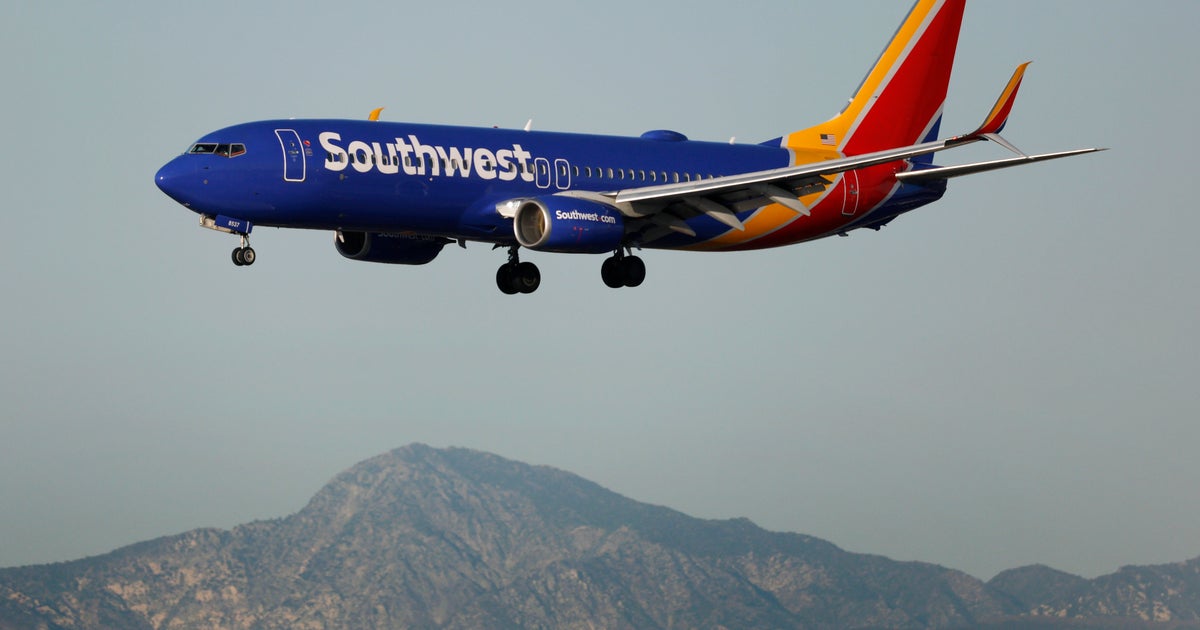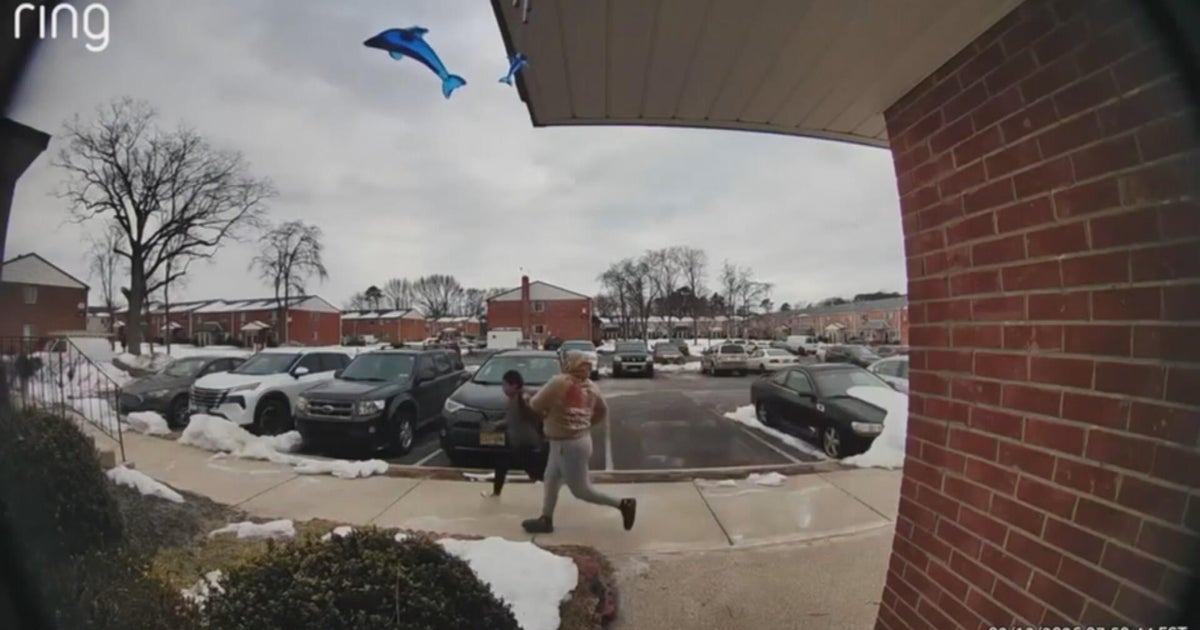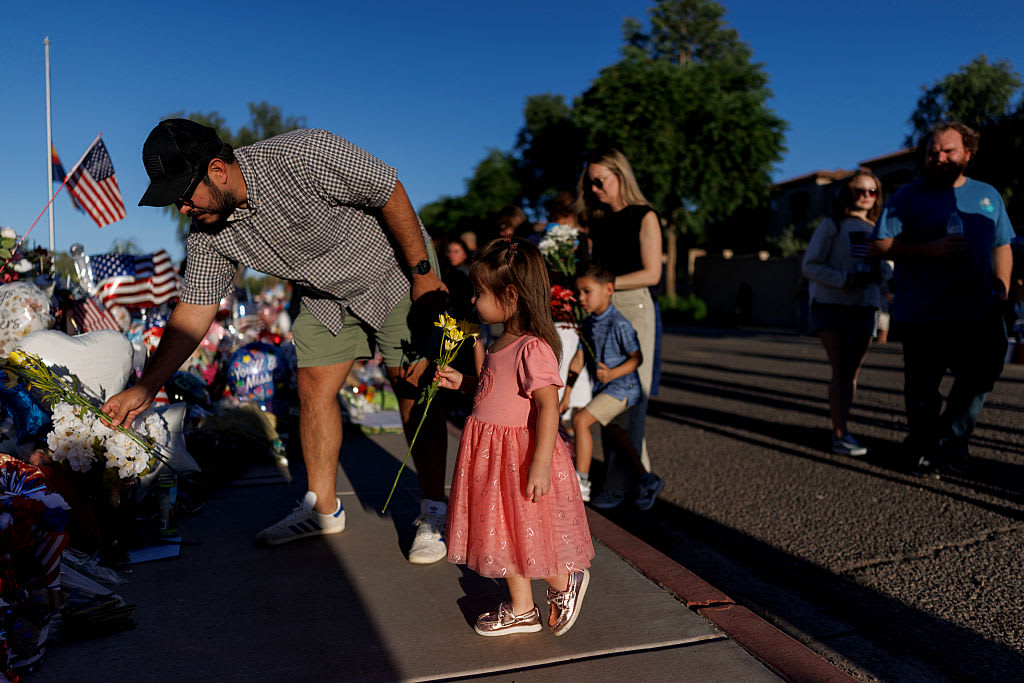"Cancel culture" seems to have started as an internet joke. Now it's anything but.
Watch the CBS Reports documentary, "Speaking Frankly: Cancel Culture," in the video player above.
Getting "canceled" frequently plays out the same way: A person — whether famous or not — says or does something controversial and the backlash on social media follows swiftly.
Whether the public punishment corresponds to the act that sparked it may be up for debate, but the growing number of such incidents has fueled controversy over what's become known as "cancel culture." Critics of cancel culture say the process stifles free expression, inhibits the exchange of ideas and keeps people from straying from their comfort zones. Others, however, argue that it has empowered people to challenge the status quo and demand accountability from those in positions of power or wealth.
The phenomenon we now know as cancel culture actually had innocuous beginnings before it morphed into a mechanism that can turn a person or a brand into a pariah in a matter of tweets.
What does "cancel culture" actually mean?
The term itself is vague and has become a catch-all for various situations with different degrees of severity and impact. Professor Anne H. Charity Hudley, an expert on African American culture and linguistics at the University of California, Santa Barbara, broke down the idea into two distinct definitions.
The first is essentially a boycott. "It is the withdrawal of financial support, political support, social, economic support, often in pop culture in the form of attention of a particular media star, a political figure, a business figure," Hudley told CBS News. "And withdrawing publicly your support in a way that informs other people that should withdraw their support as well."
"The second definition, that is silencing something or somebody," she added. "And they overlap, but it's a little bit different because one is more about withdrawing your attention and the other is actively seeking to stop someone else from speaking."
Depending on your view, she added, it can be perceived as the same thing.
How did cancel culture start?
One of the earliest pop culture references to someone being "canceled" was in late 2014, during an episode of VH1's reality show "Love and Hip-Hop: New York." Cisco Rosado, a cast member and music executive, told his then-girlfriend Diamond Strawberry, "You're canceled," after she revealed she had a daughter.
The word took on a life of its own among mostly Black users on Twitter. It was used as a way to show disapproval for a person's actions as a joke or lighthearted criticism.
Lisa Nakamura, the director of the Digital Studies Institute at the University of Michigan, told CBS News that because of the pandemic, "canceling" might be happening even more often these days, bringing wider attention to the phenomenon.
"Before, I don't think it was seen as a necessarily pervasive… it was just the internet being the internet," she said. "But I really believe that post-COVID, everyone's on the internet so much that they're having to revise how important it is what you say online because no one's doing anything else."
Who gets canceled?
Over the last few years, the term became more mainstream as prominent figures and brands became targets. But Meredith Clark, a media studies professor at the University of Virginia, told CBS News that getting — and remaining — canceled "depends on who you are."
Clark said people who do not have "access to power" are the ones likely to face real consequences of cancel culture, while celebrities and people of wealth are often able to ride it out.
"They can buy their way out of the noise," she said. "They could donate their way out of the noise. So, there are a number of different avenues that they have for protecting, upholding or defending their reputation, that poor folks, that working class folks, that even middle class folks don't have."
For example, Kevin Hart dropped out of hosting the 2019 Oscars after public outcry over his old homophobic tweets resurfaced. But after some time away from the spotlight, he continued performing stand-up and getting cast in movies. The popular food writer Alison Roman was the subject of online fury after making disparaging comments about Chrissy Teigen and Marie Kondo in an interview this spring, and the New York Times put her column on hiatus. After an apology and a period of social media silence, she re-emerged with a newsletter and is using her experience to try to educate others.
This pattern of re-emergence after being "canceled" is not uncommon for people with certain levels of privilege. But for private citizens, a mistake caught on social media can follow them for years to come.
In the CBS Reports documentary "Speaking Frankly: Cancel Culture," a man named Adam Smith describes how his experience of being canceled cost him his job and even drove him to thoughts of suicide. Back in 2012, upset over Chick-fil-A's stance against gay marriage, Smith filmed a video of himself berating a Chick-fil-A employee at a drive-thru and posted it on YouTube. It went viral overnight and the backlash was fierce. His employer started receiving bomb and death threats and fired him. When other companies learned of the video, job offers disappeared. Smith was "canceled" before that terminology existed.
In a viral incident from May 2020, a White woman named Amy Cooper was caught on camera calling the cops and making false accusations against Christian Cooper, a Black man who was birdwatching in Central Park. She lost her job in finance and even temporarily surrendered her dog to a shelter as the internet called out her actions as racist.
Mr. Cooper later expressed reservations about the extent of the public vitriol directed at her. "I don't know whether she's a racist or not," he told "CBS This Morning" co-host Gayle King. "I don't know her life. I don't know how she lives it. That act was unmistakably racist even if she didn't realize it in the moment."
"I'm not sure someone's life should be defined by 60 seconds of poor judgment," he added.
Cancel culture has taken on a political dimension, as well, as the tactic has been wielded in culture war debates on college campuses and beyond. Activists on the right, especially, have denounced it as a tool for enforcing political correctness and suppressing free speech.
- New York and Denver public libraries aren't removing Dr. Seuss books over racist imagery
- "Mandalorian" actress Gina Carano dropped by Lucasfilm and talent agency after controversial tweets
- J.K. Rowling defends herself after accusations of making "anti-trans" comments on Twitter
The political element came to the fore in the summer of 2020 when progressive activists targeted Goya Foods for a boycott after the company's CEO Robert Unanue praised President Donald Trump during a White House event. Unanue called the threat a "suppression of speech." Days later, Ivanka Trump posted a photo of herself holding a can of Goya beans in a show of support.
"Only the media and the cancel culture movement would criticize Ivanka for showing her personal support for a company that has been unfairly mocked, boycotted and ridiculed for supporting this administration," White House communications aide Caroline Hurley said.
These examples are just a sampling of some of the vastly different scenarios that all fall under the umbrella of "cancel culture." And critics worry that responding to each perceived instance of wrongdoing with the same punishment — social outcasting — ignores important distinctions while still upholding a culture of privilege when it comes to who suffers lasting consequences.
What does cancel culture accomplish?
Clark told CBS News that canceling can serve a purpose when it gives underrepresented groups the ability to hold the powerful to account. To her, it should be about "punching up."
"I would say that cancel culture can be effective in terms of its ability to demonstrate the perspectives of people who otherwise don't have their voices heard or their perspectives recognized," Clark said.
"If you are not a person who has access to hundreds of thousands or even millions of dollars, if you're a person who doesn't have access to a major public platform... if you're not any of those people, then calling someone out via social media is one of the few tools that you have to hold them to account for any harm or damage that they may have done to you or people within your community," she continued.
However, she does think it falls short of the goal many times.
"Too often, I do think that cancel culture gets into its own obsession with the purity of someone or an idea, that if an idea or a person doesn't completely align with a set of values, then they are essentially disposable," she said.
Hudley also believes people need to be allowed to make mistakes, learn lessons and grow from the experience.
"If you made a mistake, we need to make a space for that," Hudley said. 'That's what I say to my friends who've been previously incarcerated, like you don't want to be judged on the one bad act. That's what people are nervous about."
Cydney Adams contributed.



